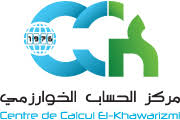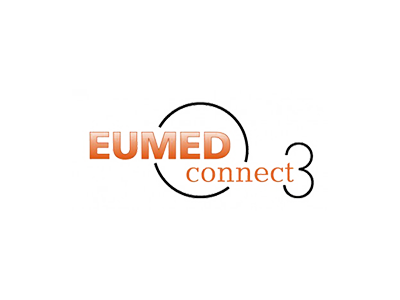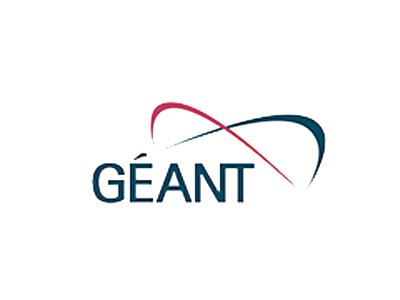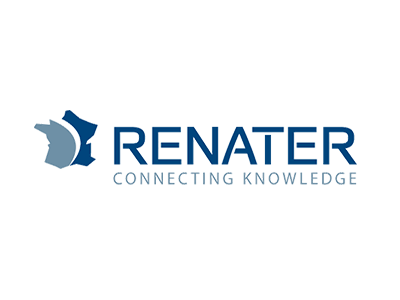
Freeing epilepsy patients from seizure
Exploiting the power of modern communications networks, medical specialists in the Hôpital Charles Nicolle in Tunis, Tunisia and in its namesake in Rouen, France are reducing geographical isolation and collaborating effectively on the diagnosis and surgical treatment of epilepsy patients.
Bridging the surgical treatment gap
Established in 2006, the programme began by focusing on 15 epilepsy patients for whom drug therapy had failed to achieve freedom from seizures.
The collaboration relies on the power of internet networks dedicated for research and education: EUMEDCONNECT3, connecting researchers in the southern and eastern Mediterranean countries, and GÉANT, its pan-European counterpart.
Assessing patients
To establish suitability for surgery, each of the patients in the neurological department of the Tunis hospital was the subject of a thorough assessment, including brain imaging and video-electroencephalography (EEG).
The electro-clinical and radiological results – huge and bandwidth-hungry files – were transmitted over EUMEDCONNECT3 and GÉANT to clinicians in the Rouen hospital, enabling the two groups of doctors to discuss the findings in real-time and arrive at surgical decisions together – exchanging best practice into the bargain.
Underpinned by R+E networks
Networks with the capacity and reliability of EUMEDCONNECT3 and GÉANT are essential to this collaboration, ensuring the rapid and secure transfer of the video-EEG recordings and MRI scans.
The two networks are designed and used for applications requiring huge volumes of data to be transmitted quickly, reliably and with total integrity of information.
A model for the future
Published results for this pioneering collaboration between medical teams in different countries show a success rate close to 100%. Unremarkable in developed countries, where sophisticated epilepsy surgery has been routine for many years, such a success rate is rare in the Mediterranean rim.
In Tunisia there are some 40,000 epilepsy sufferers, of whom 8000 have a drug-resistant form of the condition. This means a considerable and permanent health improvement, potentially for many thousands in the Tunisian population – and a major reduction in cost, because this is a permanent once-only treatment making lifelong drug therapy unnecessary.
The programme has proved so beneficial that planning is underway to set up collaborations with other Maghreb countries, benefiting an even wider population and increasing the savings in proportion.
Although there are several active epilepsy medicine collaborations between developed and developing countries, this programme is the first in which Internet technology is making a dramatic difference.
Extending benefits
It isn’t only epilepsy sufferers who benefit. GÉANT – responsible for building and maintaining EUMEDCONNECT3 – is behind a network of networks stretching around the globe and connecting millions of researchers, academics, scientists and doctors.
Many of these research and education networks are used for medical applications, reducing the costs of high-quality medical care, enabling medical skills transference and spreading sophisticated clinical practice to remote parts of the developing world lacking in skilled personnel and resources.
For more information please contact our contributor(s):




